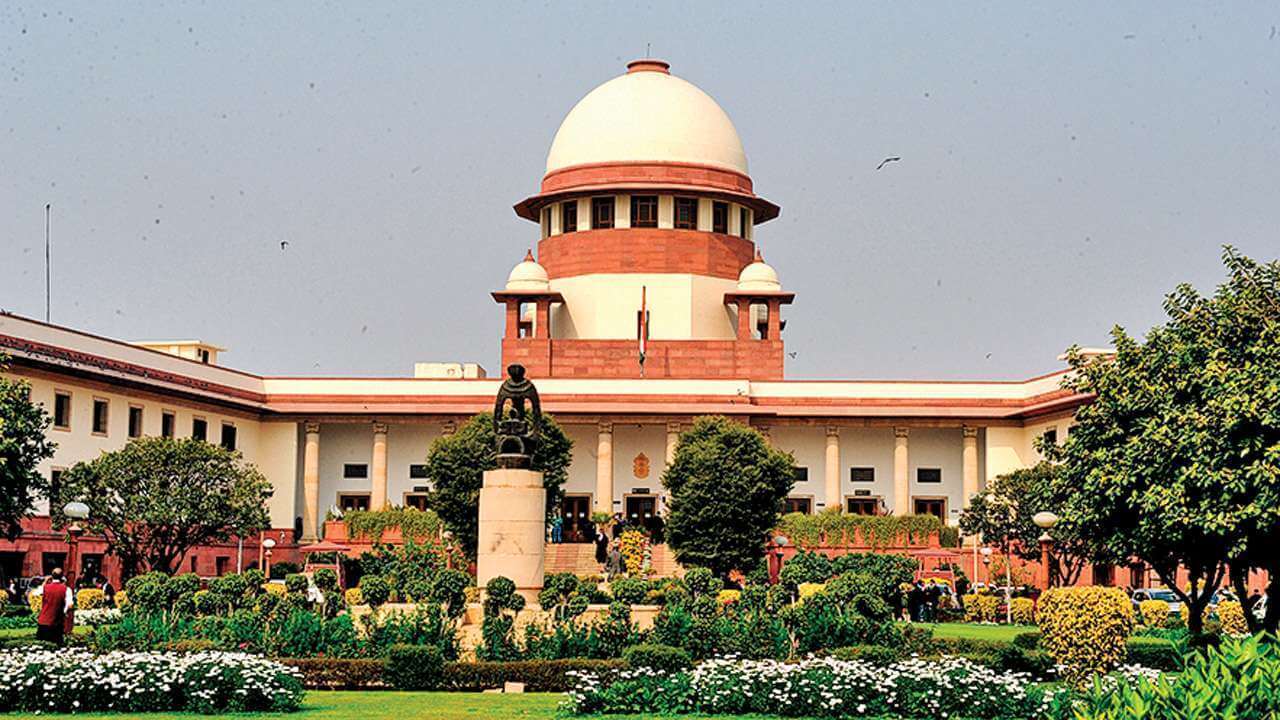BILKIS YAKUB RASOOL VS. UNION OF INDIA, 2024
Background:
A riot was broken into Gujrat after Godhara Train Burning, at 2002. Hindu-Muslim tension was at the pick.
In the meantime Bilkis Bano who was reside in a village of Gujrat with her family, decided to flew away from the village because of this tension. That time Bilkis was 21 years old and pregnant with a child.
On March 2002, Bilkis Bano and female members of her family was raped and all were brutally killed by the mob.
Bilkis Bano was taken to Limkheda police station, an F I R registered, but the police tried to protecting the accused and did not put their name despite her identification of those accused. After this incident Bilkis was taken to the Godhra Relief Camp, where her statement is recorded by the executive magistrate on instructions of the Panchmahal collector Jayanti Ravi.
A case was started and the Police submits a report stating that the case was true but the culprits were not found so they requests for closure of the case. However, the Ld. Court does not accept the closure report and directed to continue the investigation. With the help of National Human Rights Commission the Supreme Court has caught the eyes in the case and directed CBI to made proper investigation. In CBI’s investigation it was found that the F I R which was registered by the Limkheda police station was fabricated by the police and the report of the doctor was also misleading. After so much of investigation CBI submits the charge sheet paper where the original situation was came out.
In the meantime Bilkis Bano approached the Supreme Court and pleaded to transfer this matter in other Court as she feels that it was easy to fabricate the matter if the case was dealt in Gujrat. By this pleading the Supreme Court transferred the case in the Mumbai Court. On January 2008 the Lower Court of Mumbai sentenced life imprisonment to those 11 accused along with the police and the doctor who manipulated the reports also directed the Gujrat government to pay a compensation of Rupees Fifty Lakhs along with a job and a house. After this judgement those accused pleaded to High Court and then the Supreme Court to review this judgement but all the Courts uphold the judgement of the lower Court.
Facts of the Case:
Under Article 72 and 161 of the Indian Constitution the President of India and the Governor of the State has the power to grant pardons, reprieves, respites or remissions of punishment or to suspend, remit or commute the sentence of any person convicted of any offence. On August 15, 2022 those 11 Convicts released from Godhra sub-jail on remission by the Gujarat government. The news spread widely. A photo of those accused were welcomed by putting garland was got viral.
After getting the news Bilkis Bano file a petition in the Supreme Court and many PIL was filed in this matter.
Issues Raised:
- Whether the Gujrat Government is the “appropriate government” to pass the orders of
remission? - Whether the orders of remission passed by State of Gujarat are in accordance with
law?
Judgement of the Supreme Court:
The Supreme Court set aside the remission of 11 convicts who are sentenced to life imprisonment for multiple murders and gang rapes, including that of Bilkis Bano, during the 2002 communal riots in Gujarat. According to the SC the State of Gujarat was not the “appropriate government” to decide the
issue of remission as the trial was held in the State of Maharashtra. SC also said that according to Section 432 of the Code of Criminal Procedure mandates the appropriate government to seek the opinion of the convicting judge while considering applications for premature release or remission. The question also arose that according to Gujrat Amnesty Policy 2014 remission or pardon will not be granted those who are guilty of two or more murders this includes rapist also. So how the Gujrat Government can approves the remissions of those accused! On the behalf of the Gujrat Government it was stated that the remission was approved not under Gujrat Amnesty Policy 2014 but under Gujrat Amnesty Policy 1992 as the case was before 2014.
Since the Gujarat Government was found incompetent, the remission orders were invalid and the SC directed the convicts, who were given premature release must be surrender within two weeks.
Conclusion:
As in conclusion it can be said that this matter is a high voltage matter in the history of Indian Judiciary. Whether at 2008 or at 2024 it has given the powerful impact to the Indian Judiciary and proved that Indian Judicial system cannot be compromised or influenced by any mean.
